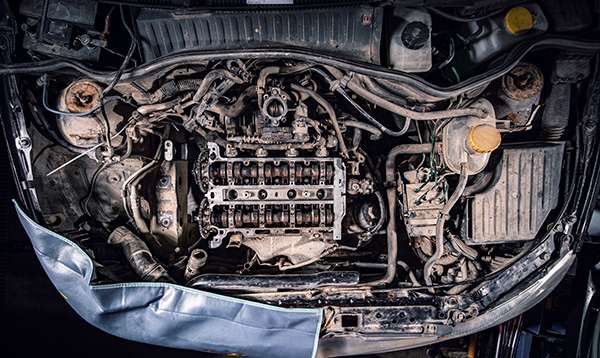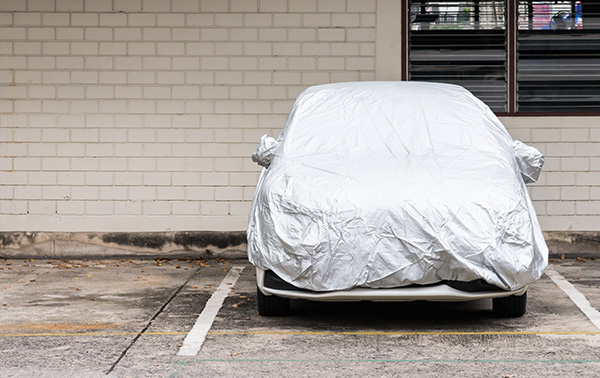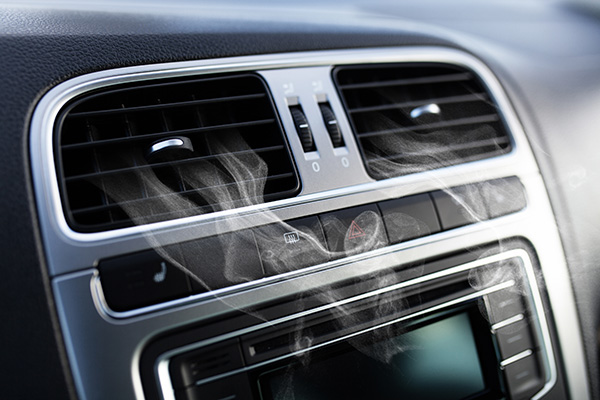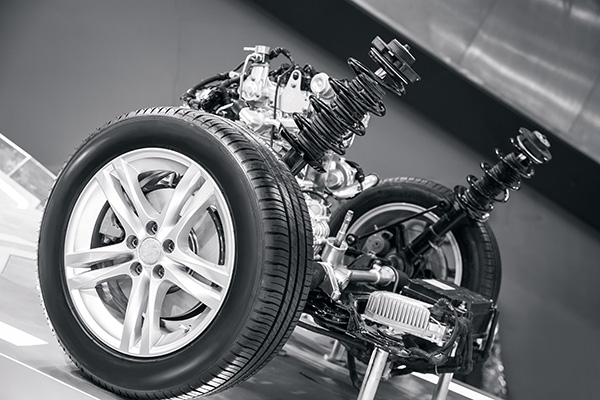Posted on 12/19/2025

Skipping an oil change once or twice can feel harmless, especially if the engine sounds normal and there are no warning lights. The trouble is that oil problems build slowly, out of sight, while everything still seems fine from the driver’s seat. By the time you hear new noises or notice performance changes, the damage has usually been building for thousands of miles. Treating oil changes as cheap insurance is one of the best ways to keep an engine healthy. Why Your Engine Depends On Fresh Oil Engine oil is more than a slippery liquid. It creates a protective film between moving parts, carries heat away from hot spots, and holds tiny metal particles and soot in suspension so the filter can catch them. Modern engines use tight clearances, variable valve timing, and sometimes turbochargers, all of which depend on clean oil at the right thickness. As miles add up, the oil’s additives get used up fighting heat, wear, and contamination. Detergents that used ... read more
Posted on 11/28/2025

Parking a car for months is more than just tossing on a cover and turning the key off. A little prep now protects paint, electronics, tires, and seals from the kind of slow damage that shows up in March. With Seattle’s cool, wet winter, moisture control matters, and so does the way you handle fuel, battery, and tires. Here is a straightforward plan that keeps your vehicle happy while it hibernates. Why Proper Storage Saves You Money Sitting still can be hard on a car. Fuel starts to oxidize, batteries discharge, tires pick up flat spots, and humidity creeps into places it doesn’t belong. The result is rough running, warning lights, and new noises when you finally fire it up. A short checklist before you park prevents most of that. Think of storage prep as a mini service visit you do once, so spring driving feels normal and trouble-free. Choose the Right Spot and Prep the Exterior If you have a garage, you already have a head start. Co ... read more
Posted on 10/31/2025

Thanksgiving road trips are a tradition for many families, but they come with heavy traffic, unexpected delays, and vehicle problems that can turn a holiday getaway into a stressful experience. With millions of people hitting the road during the same week, smart planning becomes the key to a smooth trip. A little preparation before you leave can save you from frustration on the highway and keep your car running reliably the entire way. Here’s how to make your interstate Thanksgiving trip safer, smoother, and less stressful. Time Your Departure Wisely One of the easiest ways to avoid congestion is to plan your departure around peak traffic times. Most travelers hit the road the day before Thanksgiving, often in the afternoon and early evening. If possible, leave early in the morning or adjust your plans to travel on Tuesday instead of Wednesday. Returning on Sunday? Consider waiting until Monday if your schedule allows. Giving yourself extra time around the ho ... read more
Posted on 9/26/2025

Turning on your car’s heater should bring warm, comfortable air into the cabin, not an unpleasant odor. If you’ve noticed a burning plastic smell when running the heat, it’s a sign that something isn’t quite right. While some causes are minor, others can point to more serious problems that need immediate attention to keep your vehicle safe and reliable. How Your Heater Works Your vehicle’s heating system uses engine heat to warm the air inside the cabin. Coolant absorbs heat from the engine and circulates through the heater core, where a fan pushes air across it and into the cabin vents. Because the heater ties into the cooling and electrical systems, strange smells can come from several different components. Understanding the possible sources helps you figure out whether it’s something simple or an issue that needs professional attention. Common Causes of Burning Plastic Smells Although the smell itself can be a ... read more
Posted on 8/29/2025

Your vehicle’s suspension system does far more than provide a smooth ride. It’s responsible for maintaining tire contact with the road, supporting stability during braking and cornering, and absorbing the bumps and vibrations of daily driving. When suspension parts begin to fail, it can affect not only comfort but also safety and vehicle performance. Recognizing the signs early helps you avoid expensive repairs and ensures a safer driving experience. Uneven or Excessive Tire Wear One of the first indicators of suspension trouble is uneven tire wear. If your tires show bald spots, inner or outer edge wear, or inconsistent tread patterns, it often means your suspension is not holding the wheels in proper alignment. Bad shocks, struts, or worn bushings can cause tires to skip across the pavement rather than roll evenly. Replacing tires alone won’t solve the issue if the suspension is the root cause. A Rougher, Bumpier Ride Your shock ... read more